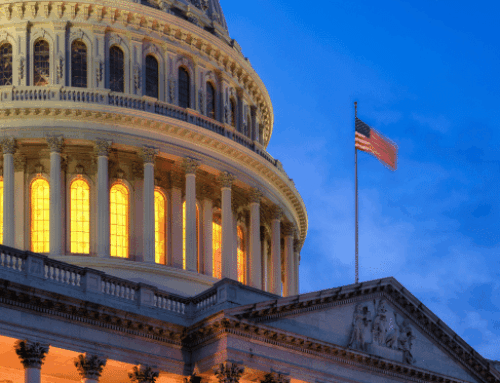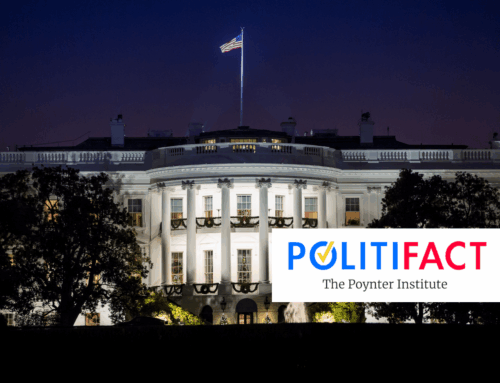The President’s Fiscal Year 2025 budget request is set to be released on Monday. It seems both early and late; late because the President is required by law to submit the budget request to Congress on the first Monday in February, and early because lawmakers have yet to complete the Fiscal Year 2024 spending bills, which won’t be done for a few more weeks still.
On March 3, 2024, the House and Senate Appropriations Committees released full-year appropriations for six bills: Agriculture, Commerce-Justice-Science, Energy-Water, Interior-Environment, Military Construction-VA, and Transportation-HUD. The House adopted this package, termed a “minibus,” 339-85 with the Senate expected to follow before the midnight Friday deadline that would trigger a partial government shutdown. This follows the President’s signing on March 1 of the fourth (!) continuing resolution for FY2024.
Since the fiscal year began on October 1, Congress has faced challenges in passing appropriations, disagreements have particularly revolved around supplemental funding for Ukraine, Israel, and border security. The Senate and House have also been working on various supplemental appropriations, including significant funds for national security and international aid.
All of this means that the FY2025 budget request we receive on Monday will be less useful than usual. Typically, the budget includes historical funding levels for projects and programs. Not only will the ink not be dry on the final tabulation for FY24—half the spending bills funding government won’t have been written yet.
This failure on the part of Congress to get their act together gives the administration a pass on producing a comprehensive budget, on-time. Budgets are about the details, and these details will be lacking on Monday. Eventually, they will emerge, but by then, the media and public attention may have shifted.
It’s important to remember that what’s being released on Monday is the Biden administration’s proposal, marking the start of the debate over funding for fiscal year 2025. This timing aligns with the State of the Union, allowing the President to outline budget priorities and then follow up with the budget release. This approach is asymmetrical, as only the administration knows the budget’s contents, giving them control over its presentation. The absence of any supporting documents for over a month is significant.
Sigh. The lack of even an opportunity for both President Biden and Congress to follow a “regular” budget process is unfortunate for taxpayers. Presidential budget requests are just that, requests. And it’s true that Congress is in no way required to follow the President’s priorities when putting together the appropriations bills. But budgets still matter.
Budgets are about more than dollars and cents. They are about values. What a President proposes and what the Congress crafts together identify what is important to those elected individuals charged with voting on the bills. In a time of high deficits and record debt, budgets are an opportunity for lawmakers to produce a plan based on economic reality or fantasy. Whether they acknowledge tough decisions around spending and taxation must occur, or pretend the status quo is sustainable is made clear in a budget. And ultimately the budget is the place for folks to propose how we make tough decisions between competing funding priorities. They are the beginning of a process important to the health of our economy and democracy.
Looking ahead, the next Congress will begin drafting their budget resolutions. Interestingly, the House Budget Committee has already begun amending and voting on their 2025 budget resolution. Typically, this follows hearings on the budget request, but it seems they are trying to expedite the process, given that the top-line spending levels for Fiscal Year 2025 were established in the Fiscal Responsibility Act last summer.
Ultimately, this process should lead to the enactment of spending bills over the summer, ideally avoiding another continuing resolution or government shutdown. However, with the upcoming election involving every House seat, a third of the Senate, and the White House, federal spending will become a central campaign issue. Therefore, it’s crucial to accomplish as much as possible soon, as passing legislation post-August recess is unlikely.








